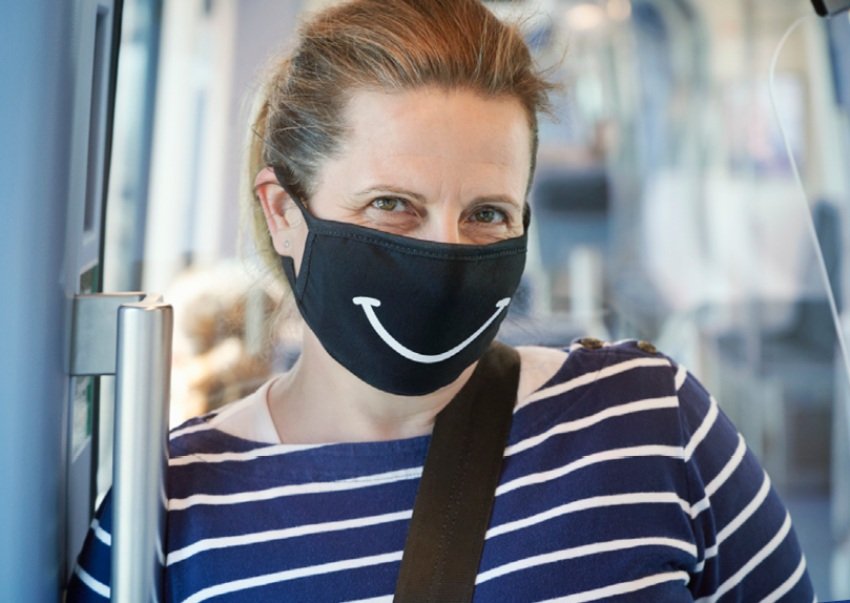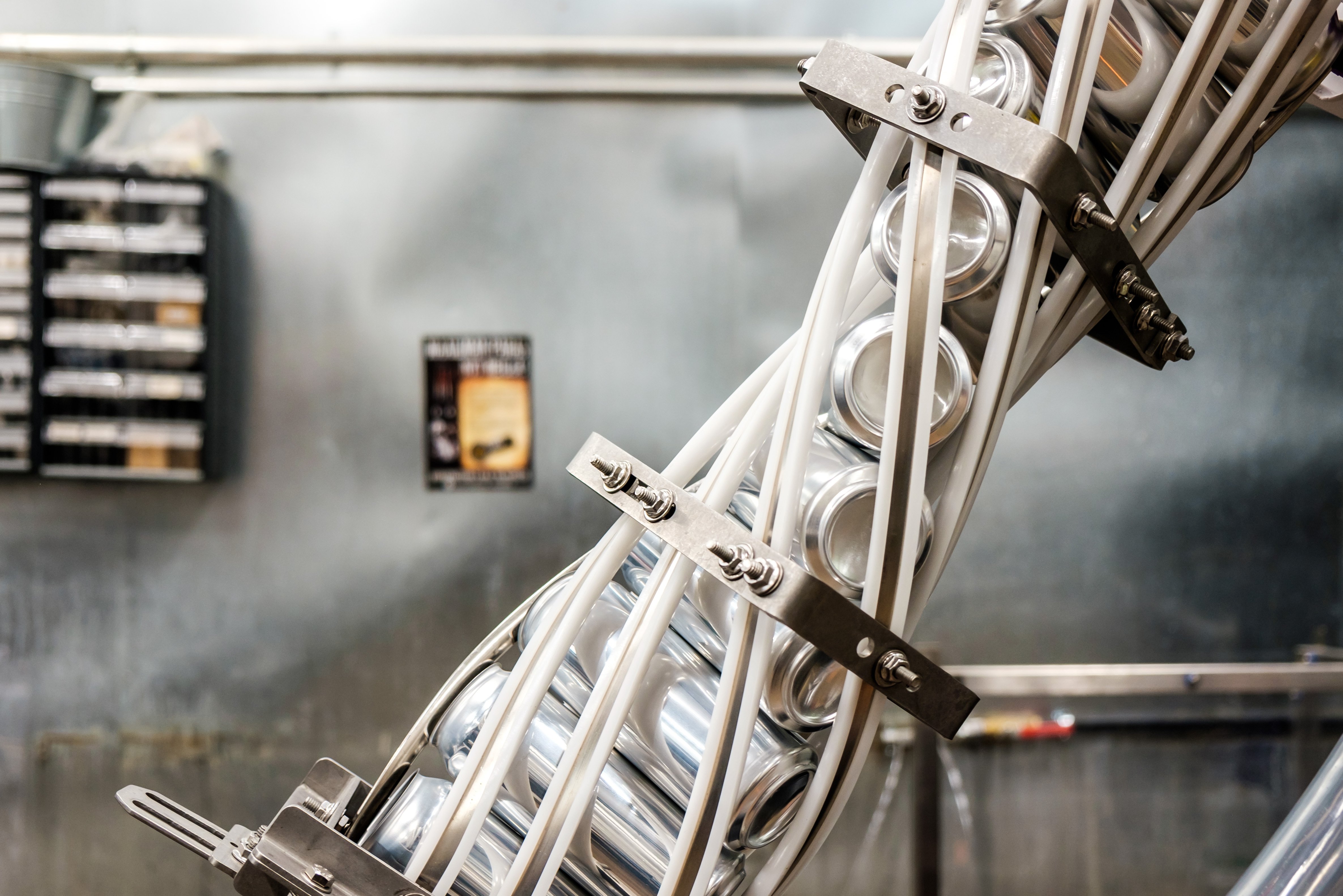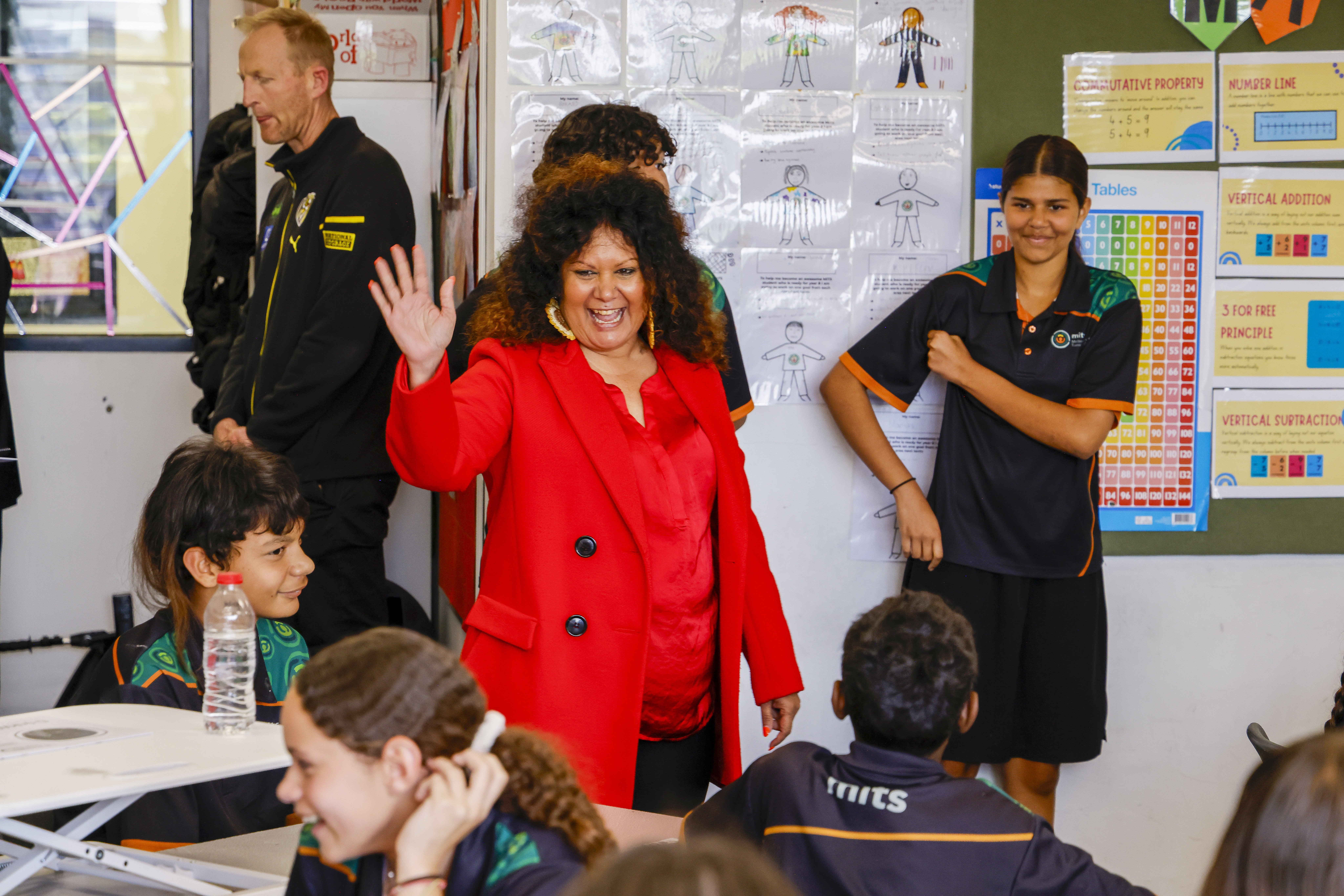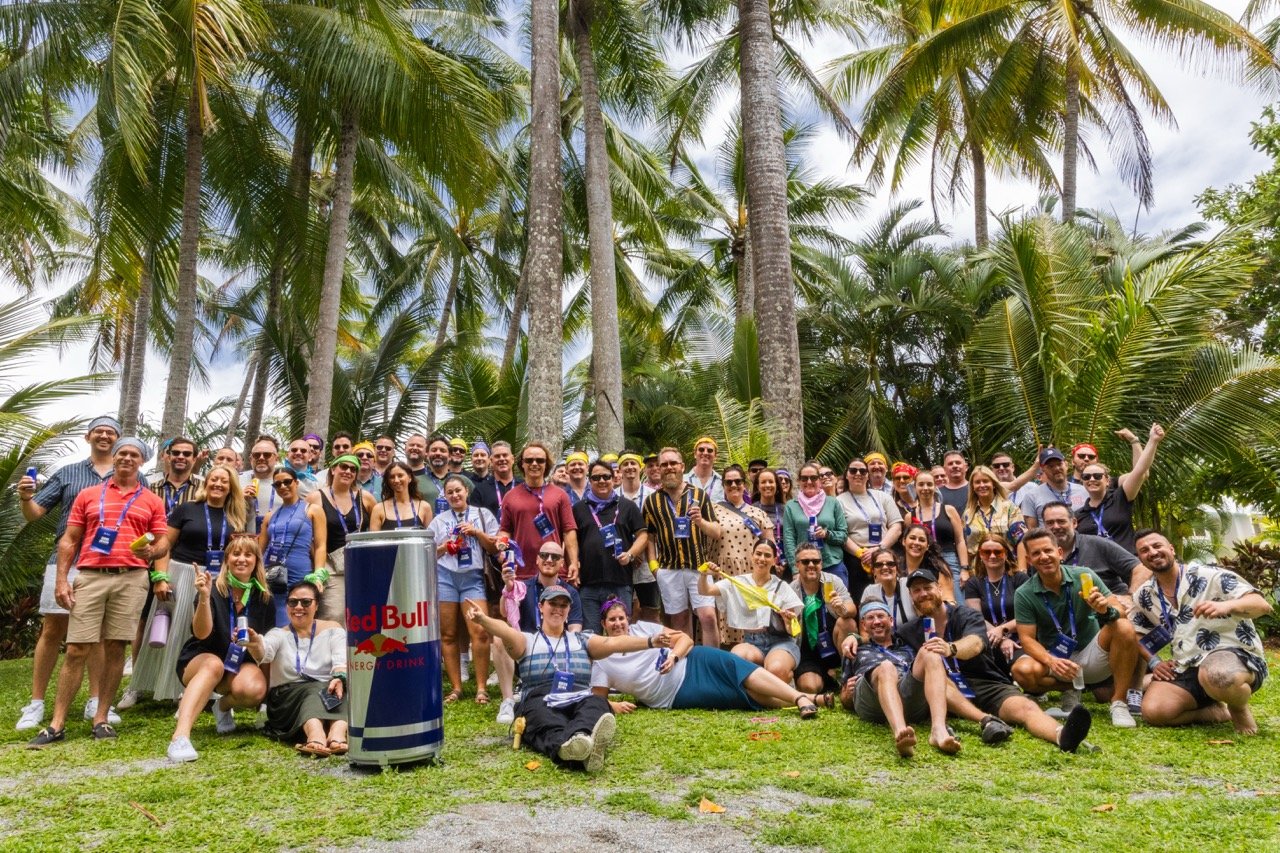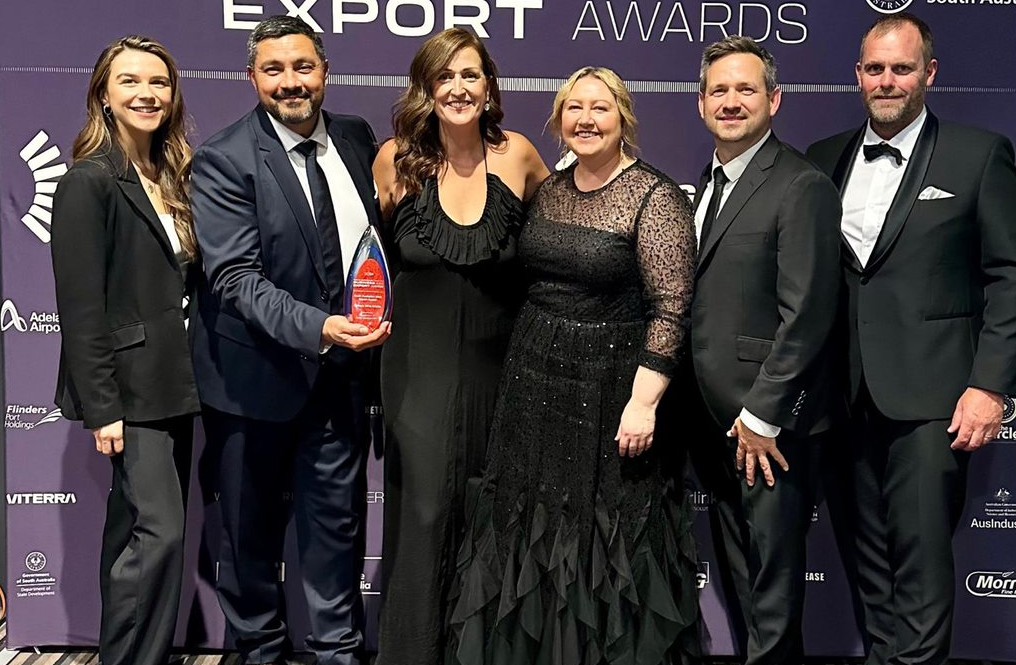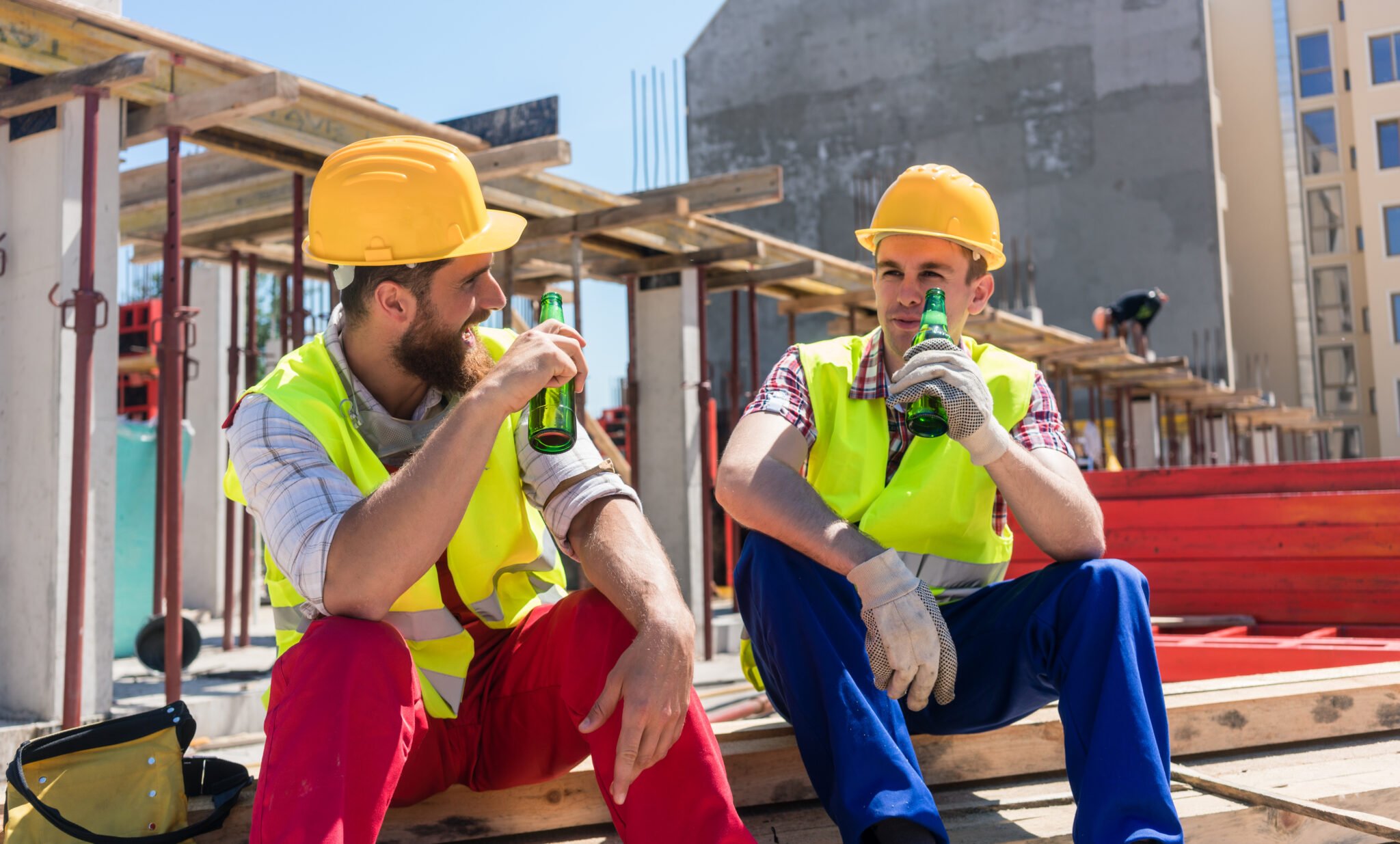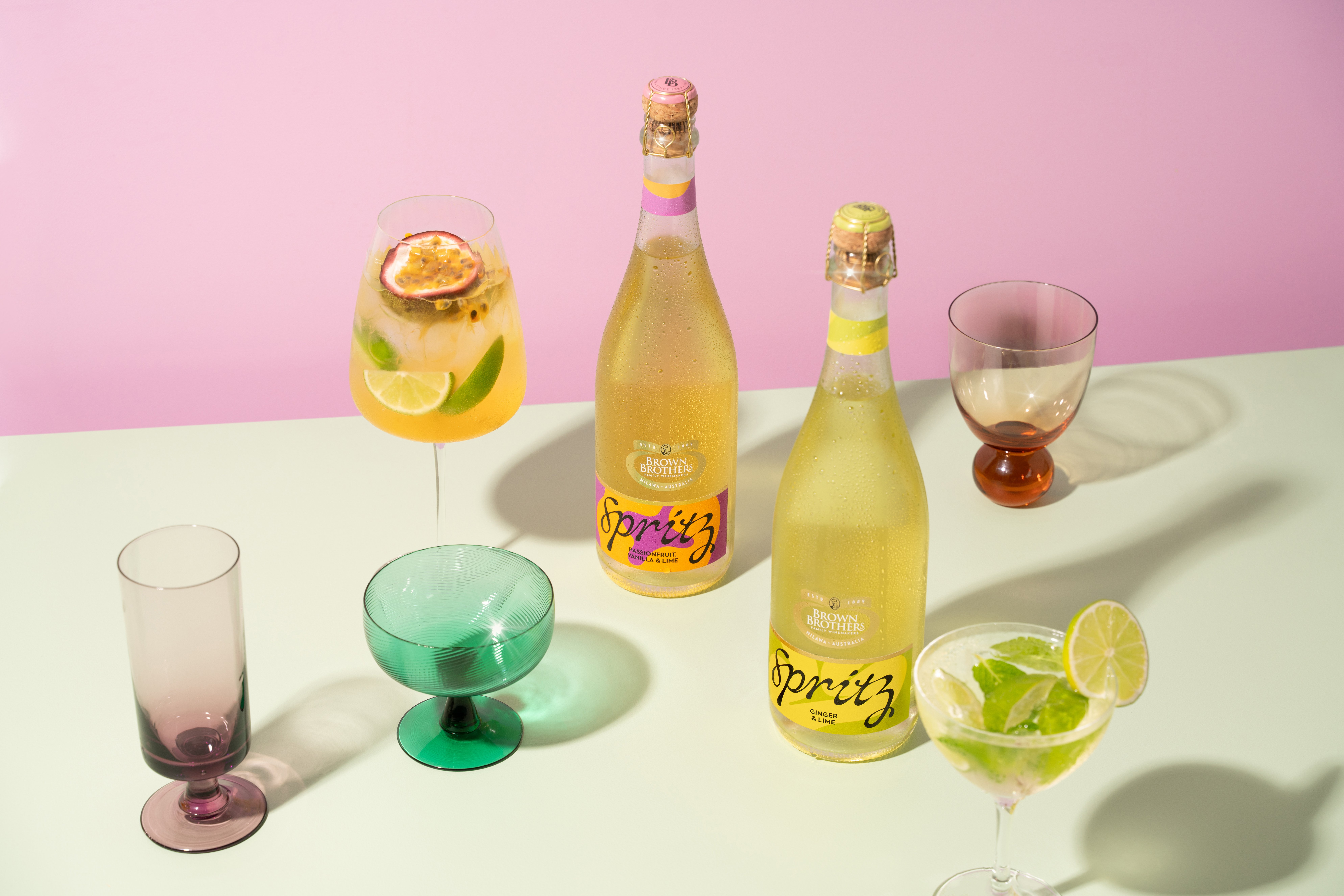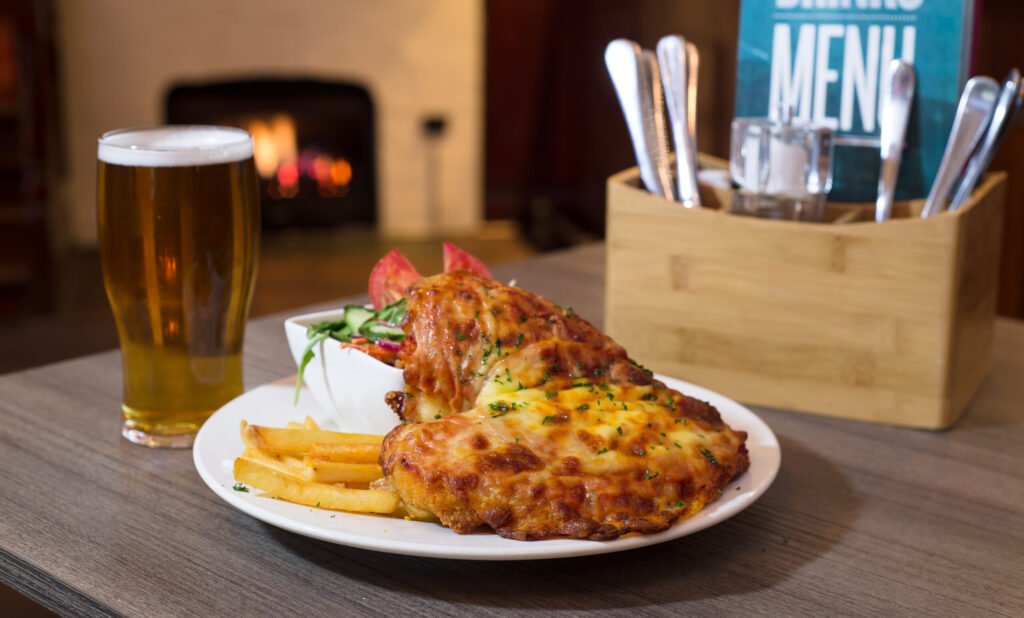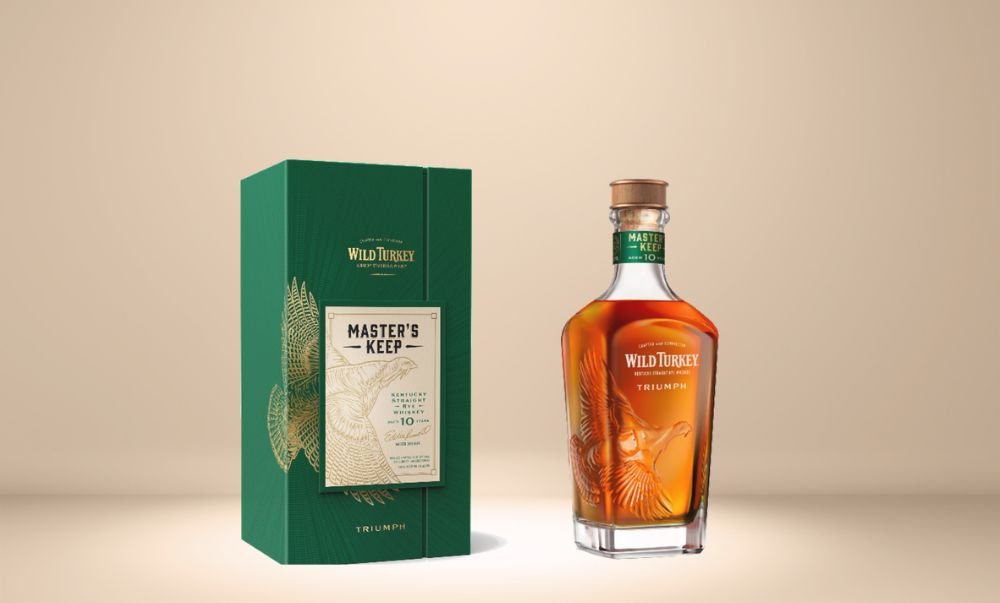Following the COVID cluster on Sydney's Northern Beaches that brought plans unstuck for people nation wide, especially along the eastern seaboard, here is the state of play as it is today.
COVID Cases
NSW recorded zero locally acquired cases of COVID-19 to 8.00pm yesterday from more than 22,000 tests. There were seven cases in hotel quarantine. There were two cases reported after the deadline that are linked to the Berala cluster and these cases will be included in tomorrow's figures.
Victoria recorded three new local cases of COVID-19 and one infection in hotel quarantine.
The list of exposure sites continues to grow across Victoria with additional stores at Westfield Southland, one of Melbourne's busiest shopping centres, for the day of December 22. Stores added to the list include Cotton On, Kmart, Mecca and Myer. A positive case also visited Kmart on December 28.
Masks mandated in Greater Sydney
From today, people living in Greater Sydney and not wearing a mask in mandated outdoor settings can be fined $200 on the spot
Those living in Greater Sydney - which includes Wollongong, Central Coast, the Blue Mountains, as well as the southern zone of the Northern Beaches - must wear a face mask indoors, if at a shop or business.
Relating to the drinks industry, this includes, pubs and clubs, betting agencies and gaming venues, indoor entertainment venues, retailers and waiting for, or travelling on, public transport – including taxis and ride-share.
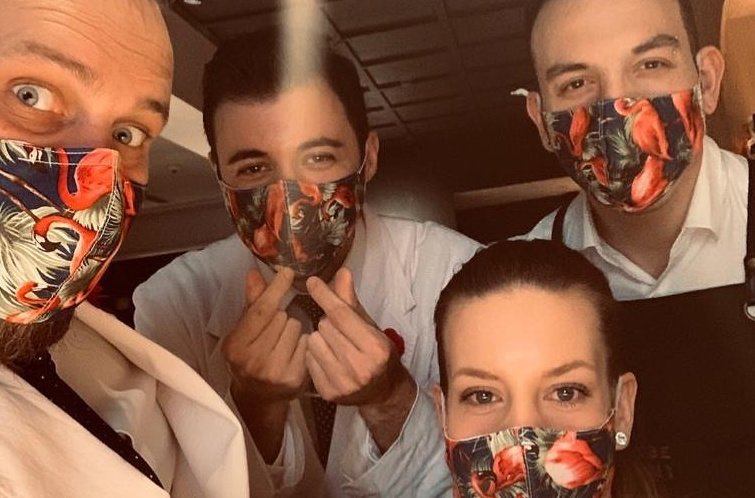
Capacity limits at venues have also changed for Greater Sydney. Cafés, restaurants, bars, pubs and clubs must allow for 4 square metres per person indoors and 2 square metres per person outdoors.
No venues can open as a nightclubs, dance floors are out and planned outdoor events must maintain the 2 square metres per person rule.
Planned outdoor events can host a maximum of:
- 500 people if everyone is seated
- 2,000 people if everyone is assigned a specific seat
Jobkeeper and Jobseeker reduced
JobKeeper payments for thousands of workers were reduced today, with payments down to $1000 per fortnight for those working more than 20 hours and $650 per fortnight for those working less than 20 hours.
Businesses and not-for-profits are also required to reassess their eligibility for the scheme, as some may have recovered to an extent where the support is no longer needed. For businesses to be considered eligible to have JobKeeper paid to their employees starting from today until March 28 this year, they will need to be able to show that GST turnover fell in the December quarter.
The Centrelink coronavirus JobSeeker supplement has already been cut (from January 1) by $100 a fortnight with payments down to $150.
There is more to come from Drinks Trade on just what this reduction in Jobkeeper means for hoteliers trying to operate in a COVID-safe way.
Share the content
